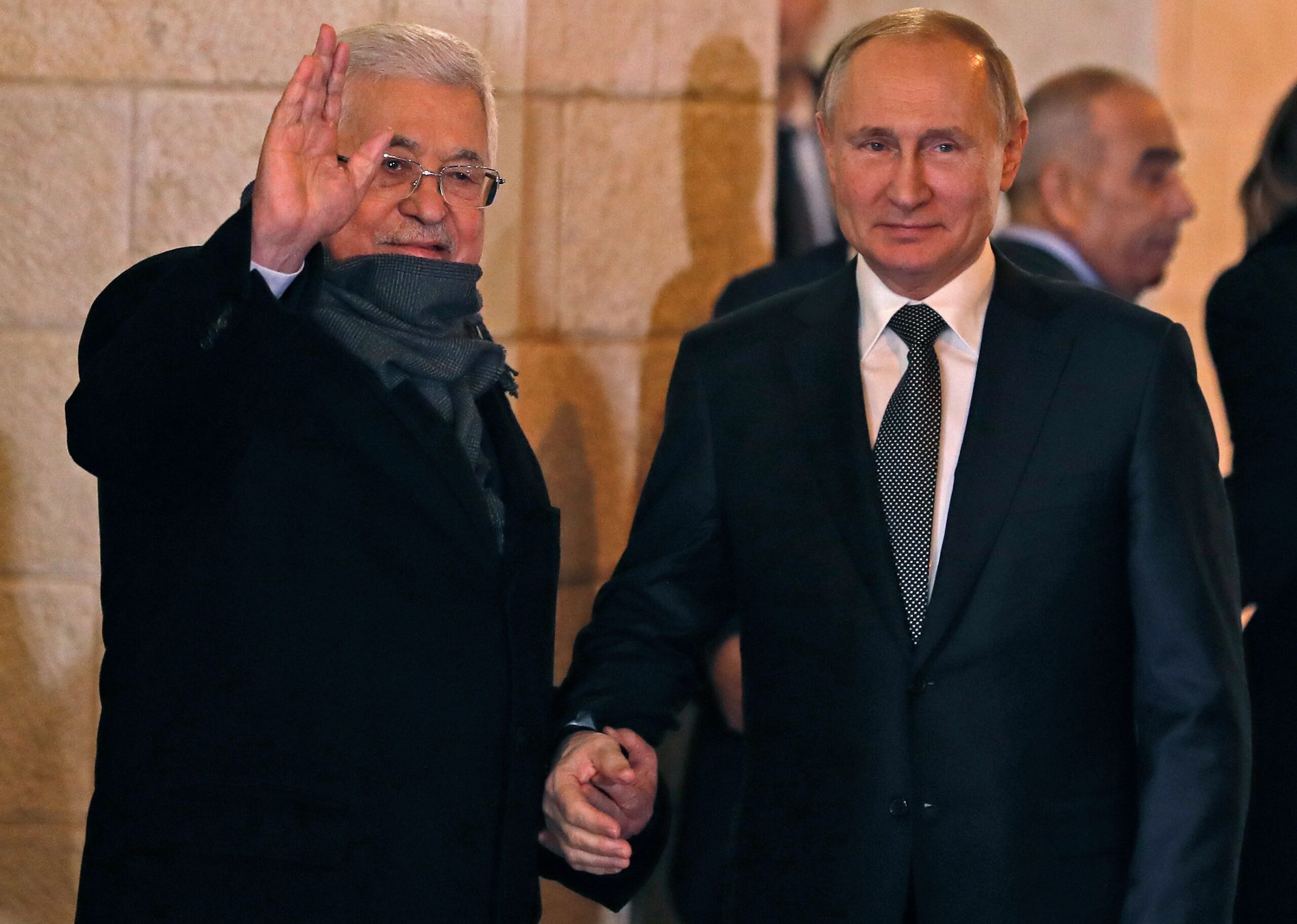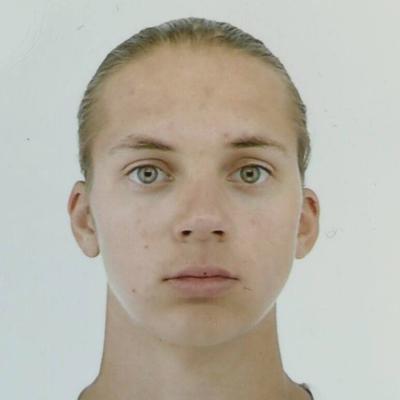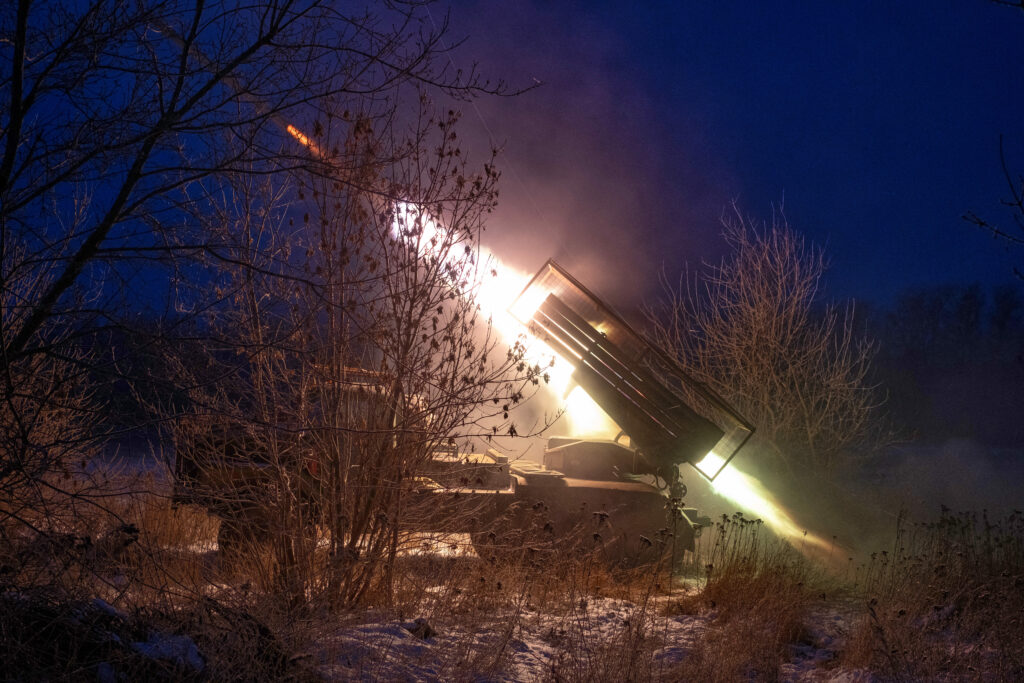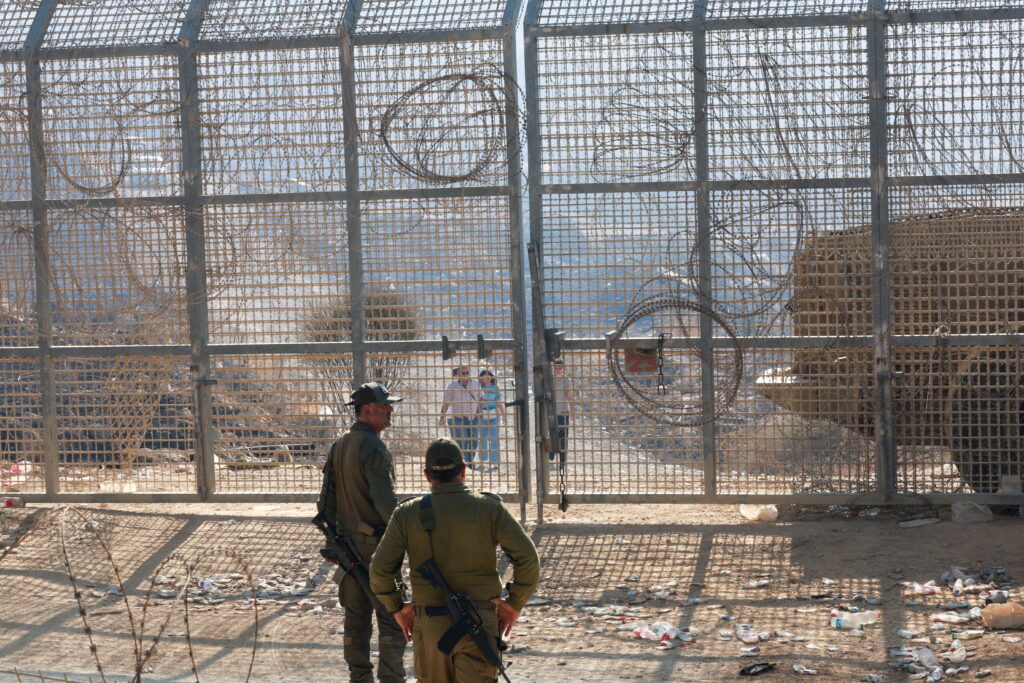In the wake of its military intervention in Syria in 2015, Russia intensified its diplomatic activity in the Middle East. It sought to style itself as a neutral mediator in the eyes of regional actors by maintaining ties with opposing parties. This was true in the Gulf, with its much publicized ‘Security concept for the Persian Gulf’; the same in Syria, where Russian officials emphasized the need for ‘inclusivity’ in talks — while bombing and sidelining real opponents to Bashar El-Assad. And Israeli-Palestinian conflict was no exception. This last case holds particular significance for Russia in a status-seeking perspective: appearing as an even-handed intermediary, while the U. S under Donald Trump was favoring Israel, was deemed central by Russian diplomats to bolster Russia’s image in the region given the conflict’s resonance in the Arab world.
A few months after Naftali Bennett became Israel’s Prime Minister, I suggested in Riddle that Russia’s capacity to maintain ties with opposing parties in the Middle East was coming under stress. At the time, I believed that mounting tensions between Iran and Israel would undermine Russia’s balancing act in the region. Instead, it is proving to be Russia’s invasion of Ukraine and its subsequent return to Soviet-era patterns of instrumentally standing for Israel’s foes that is putting an end to a cornerstone of Moscow’s Middle East policy.
At the start of Russia’s 2022 invasion of Ukraine, Israel’s stance stood in continuity with its policy following the annexation of Crimea. In both cases, Israel was careful to issue outright condemnations for fear of setting a precedent for its own policies and out of strategic interests related to Russia’s presence in Syria. Bennett sought to emphasize Israel’s neutrality when trying to engage in mediation efforts between Kyiv and Moscow. Yet gradually, Israel’s Foreign Ministry broke with the past, reacting to American pressure and overwhelming domestic support in Israel for Ukraine; notably within Israel’s Russophone community. Minister of Foreign Affairs Lapid condemned Bucha’s war crimes and his country voted in favor of United Nations’ resolutions condemning Moscow’s actions and in support of suspending Russia’s membership in the organization’s Human Rights Council.
And yet, despite Israel’s fears over Russian retaliation in Syria, so far nothing has changed. The tacit agreement between the two states — where F-35s strikes against Iranian militia in Syria while Russian air defenses remain silent — still holds. In light of the abysmal performances of the Russian army in Ukraine, it is questionable whether Russia can put a definite end to Israeli strikes on Syria’s territory even if it tried to do so. Furthermore, it is doubtful that Russia wishes to risk engaging in extra military confrontations right now.
Rather, Moscow opted for symbolic and less costly responses. Vladimir Putin sent a letter to Bennett urging for the transfer of Jerusalem’s Alexander Nevsky Church to Russia. In return for the release from Russian jails of Israeli citizen Naama Issachar, this religious compound was promised in 2020 to Moscow by former Prime Minister Benjamin Netanyahu who paid little regard to the legal issues that such a promise could raise. Putin’s letter following Israel’s criticisms illustrates one way in which Moscow has various levers aside from its ‘Syrian card’ to express its anger at Israel.
Furthermore, in the context of tensions between Palestinians and Israelis in Jerusalem, Moscow reacted by calling out Israel’s own treatment of Palestinians. The goal behind this was to underline the hypocrisy of the Jewish state’s criticisms of Russia. While Moscow has sought to appear as a neutral actor in the Israeli-Palestinian conflicts in the last decade, in the last weeks, it has adopted a discourse closer to the Palestinian narrative by denouncing in unusually harsh terms Israel’s behavior. The Russian Foreign Ministry condemned Israel’s vote in favour of excluding Moscow from the UN Human-Rights Council as an «anti-Russian attack» and a «poorly camouflaged attempt to take advantage of the situation in Ukraine to distract the international community’s attention from one of the oldest unresolved conflicts — the Palestinian-Israel one.» It thus sought to remind its audience of this conflict by mentioning the «creeping annexation of Palestine,» that the «Gaza Strip has become an open-air prison» and argue that Israel is «maintaining the longest occupation in the post-war world history».
Such statements mark a clear shift in rhetoric. Just one year ago, during the May 2021 Operation Guardian of the Walls, Moscow sought to emphasize its neutrality by denouncing «strikes that are inflicted from the Gaza Strip on residential areas.» Russia argued at the time that its role was «not to support one side» given that «decades of confrontation have shown that this only worsens the situation».
As in the Soviet era, Moscow expresses support for the Palestinian cause in a cynical and instrumental manner, when it sees fit. The USSR played a central role in the establishment of the State of Israel by being the first state to officially recognize it. This support for Israel, driven by a desire to see the British cleared rom Palestine, quickly rescinded in favor of Palestinians as Jerusalem became closer to the U.S. The relationship between the Palestinian leader Arafat and the Soviets blossomed after that the myth of Israel’s military invincibility had been eroded in the Yom Kippur war. However, at the end of the USSR and in the context of the wars in Chechnya, Moscow took great distance from Palestinians by placing Chechnya and Palestine in the same sentence around a common denominator — the fight against Islamic terrorism.
At a time when Russia finds itself isolated, Moscow has to do away with its self-presentation as a neutral mediator in the conflict and reactivate its ties with the allies it can. Palestinians, short of allies and nostalgic for the bipolar Cold-War system when the Soviets could weight in the conflict, welcome Russia back with open arms. A flurry of calls between the two sides took place at different levels in recent weeks. Putin took part in the show of support for the Palestinian side by discussing «the escalation of tension in the West Bank of the Jordan River and in East Jerusalem» with the largely delegitimized leader of the Palestinian Authority, Mahmud Abbas. Putin’s representative for the Middle East, Mikhail Bogdanov also had a call with a member of the Popular Front for the Liberation of Palestine, a Marxist-Leninist organization that relied on the Soviet Union for weapons and funding. Finally, Sergei Lavrov talked with Ismail Haniyeh, political leader of Hamas; an organization whose policies the Russian minister denounced as the «barbaric onslaught of extremists» when there was still hope that Russia would come close to the West.
Faced with criticisms, Moscow is seeking to strengthen ties with the allies it can in the Middle East. This comes at the expense of its most impressive achievement in this last decade in the region, its ability to maintain ties with opposing parties and gain its desired status as neutral intermediary in the eyes of regional actors. To remain somewhat relevant, Russia is doing away with its image as an even-handed actor in the conflict and is resorting back to leaning toward Palestinians to gain leverage over Israel in times of tensions. In that sense, as in the Soviet-era, conflict rather than peace is in Russian interest: Russia has little interest in seeing clashes end if it can put pressure on Israel when such clashes occur. While such a dynamic is, for now, most visible around the Israeli-Palestinian conflicts, Russia will also have to pick a side and act as a spoiler to maintain some kind of role in other regional conflicts.










